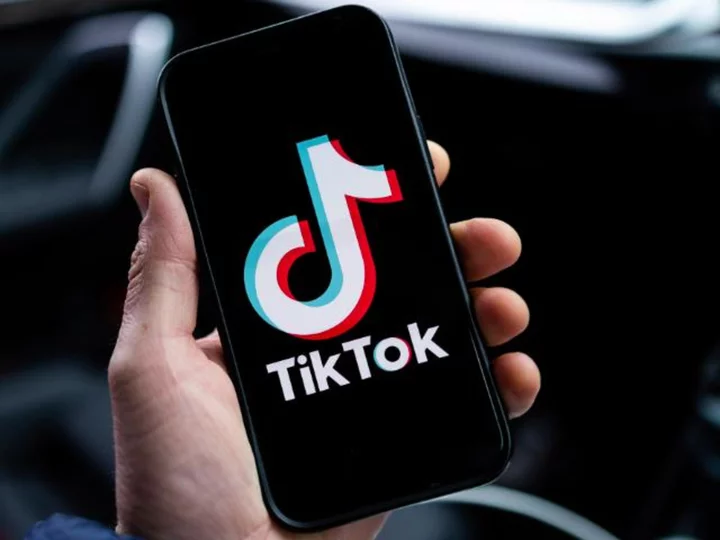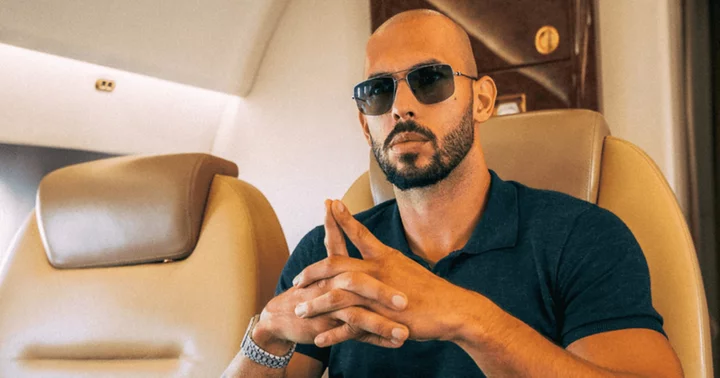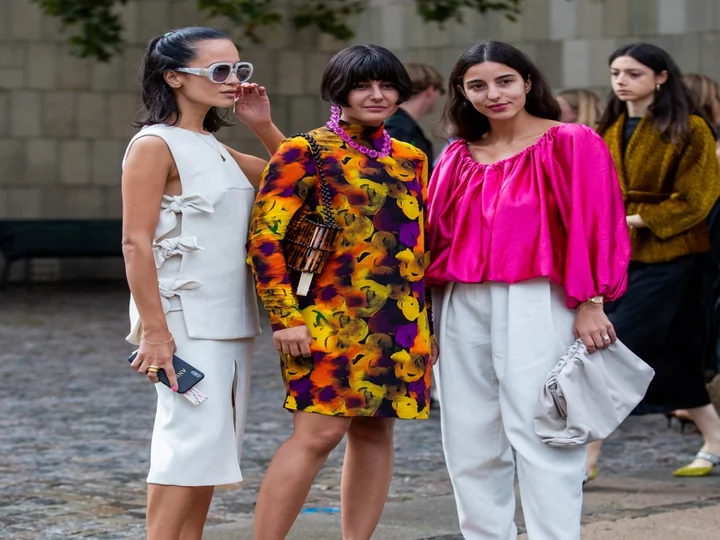TikTok is stepping up efforts to counter misinformation, incitement to violence and hate relating to the Israel-Hamas war on its online platform, it announced Sunday, days after the European Union (EU) warned social media companies they risked falling foul of the bloc's content moderation laws.
As part of its measures, TikTok is launching a command center to coordinate the work of its "safety professionals" around the world, improving the software it uses to automatically detect and remove graphic and violent content, and hiring more Arabic and Hebrew speakers to moderate content.
TikTok said in a statement that, following the brutal attack by Hamas on Israeli civilians on October 7, it had "immediately mobilized significant resources and personnel to help maintain the safety of [its] community and integrity of [its] platform."
"We do not tolerate attempts to incite violence or spread hateful ideologies," it added. "We have a zero-tolerance policy for content praising violent and hateful organizations and individuals."
The firm, owned by China's ByteDance, said it had already removed more than 500,000 videos and shut down 8,000 livestream videos from the "impacted region" since the Hamas attack.
As the conflict escalates — Israel has blocked the provision of electricity, food, fuel and water to Gaza, and has been signaling it is preparing for a ground invasion of the area — millions have turned to social media for updates, while misinformation has proliferated on these sites.
One recent TikTok video, seen by more than 300,000 users and reviewed by CNN, promoted conspiracy theories about the origins of the Hamas attack, including false claims that it was orchestrated by the media.
Last week, the EU told social media companies they needed to better protect "children and teenagers from violent content and terrorist propaganda" on their platforms.
EU Commissioner Thierry Breton wrote to TikTok Thursday, in a letter shared on X, the platform formerly known as Twitter, saying the company had 24 hours to detail the steps it was taking to comply with EU rules on content moderation. Breton has sent similar letters to X, Google and Meta, the owner of Instagram and Facebook.









